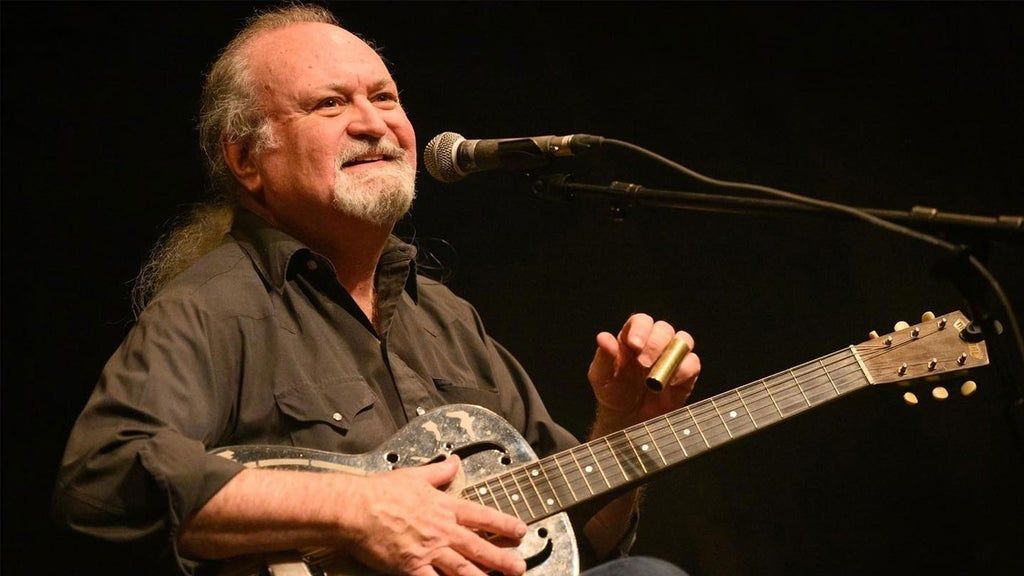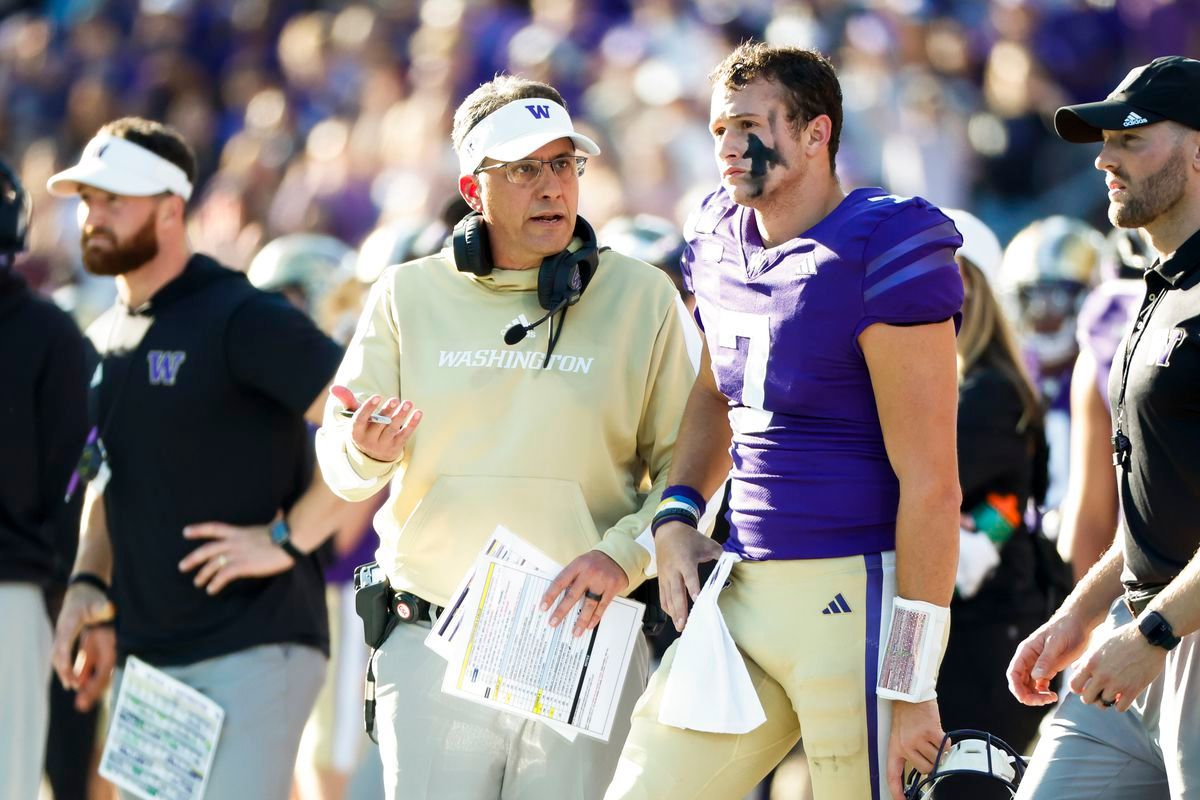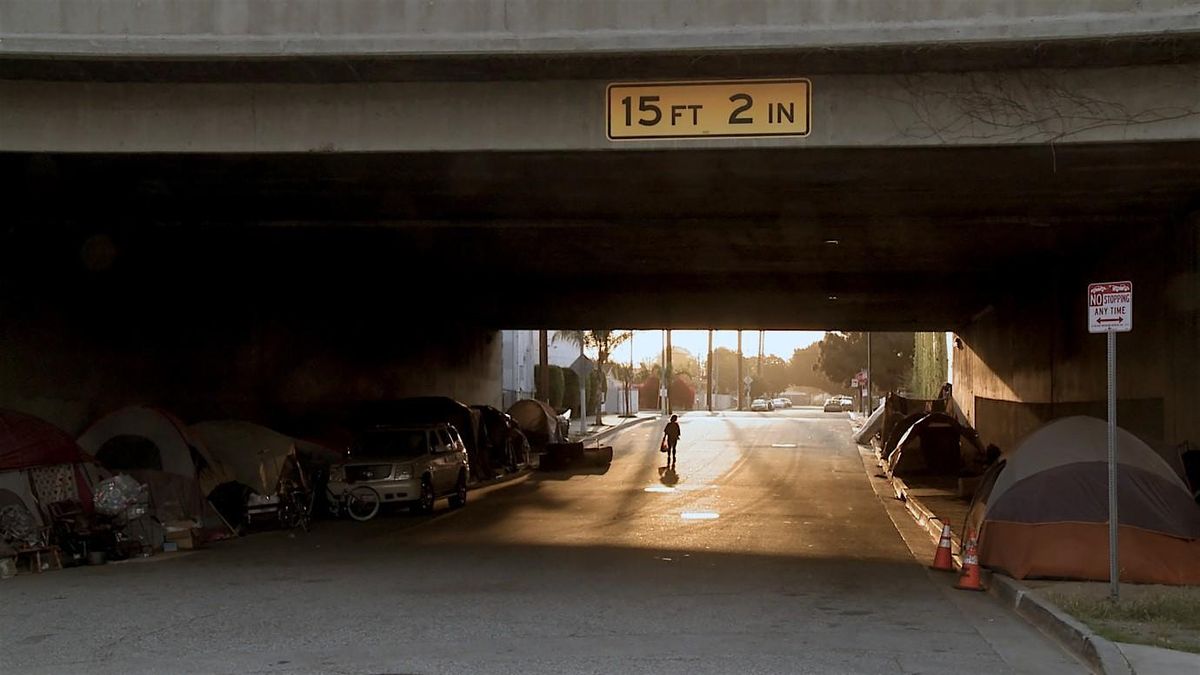About this Event
What’s in a Line? The Cartographic Stakes of Racialized Wellbeing in a Global World
In this talk Dr. Fullwiley explores how imperial, postcolonial, and present-day geopolitical borders have recursively informed—and been shaped by—understandings of human fitness and potential wellbeing. Embodying characteristics of “the line,” “the limit,” “the boundary,” and “the frame,” borders demarcate and define, while signaling judgments about human health and desirability. In this, they have also at times absorbed knowledge-making practices carried out among biomedical caregivers, scientists, and sick people regarding cultural and material engagements with bloods, proteins, genetic populations, and racialized bodies. She draws from three long-term ethnographic projects to query how the often invisible technologies of territorial space-making are wrapped up with racialized articulations of health/disease, normalcy/pathology, and life/death.
Dr. Fullwiley furthermore explores how current climatic and environmental threats, which disproportionately affect people in Sub-Saharan Africa, can create symptoms in people that are primed for medicalization when they are forced to migrate due to environmental degradation and resource extraction. She concludes by exploring how “people on the move,” emigrating from West Africa to southern Europe, use their own technologies of population, group boundedness, and sheer numbers to forge contemporary forms of world-making (and at times resistance) as they reimagine the powers of borders.
At stake is our contested yet shared planet, and possibilities for human solidarities across transient lines.
Duana Fullwiley is an anthropologist of science and medicine and is interested in how social identities, health outcomes, and molecular genetic findings increasingly intersect. Since 2003, she has conducted multi-sited field research in the United States on emergent technologies that measure human genetic diversity among populations and between individuals. As an outgrowth of this research, Dr. Fullwiley has become particularly interested in how scientists engage ideas of genetic "inclusion" in how they enlist participant involvement in specific disease research problems, and how they also grapple with social movements, historical reckoning, data privacy and racial capital. Her work has been funded by the National Science Foundation, the Robert Wood Johnson Foundation, the Social Science Research Council, the Andrew and Florence White Fellows program in Medicine and the Humanities, the Ford Foundation, and the Wenner-Gren Foundation for Anthropological Research.
Event Venue & Nearby Stays
Hagstrum Room, University Hall, 1897 Sheridan Road, Evanston, United States
USD 0.00












